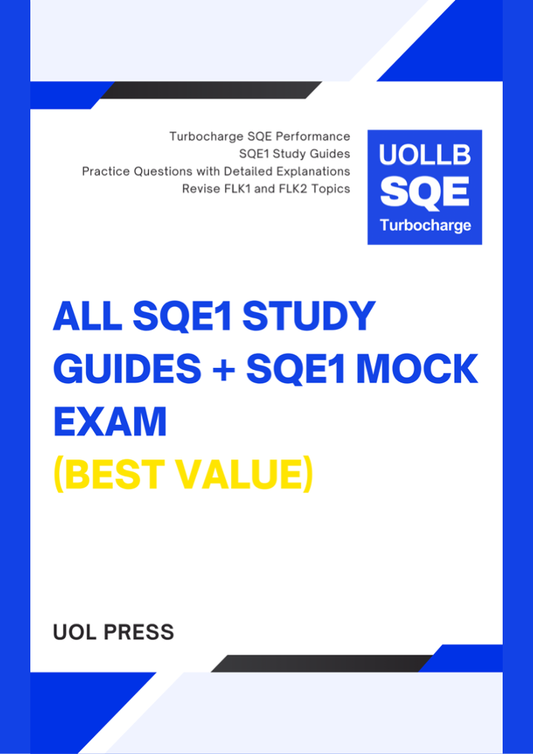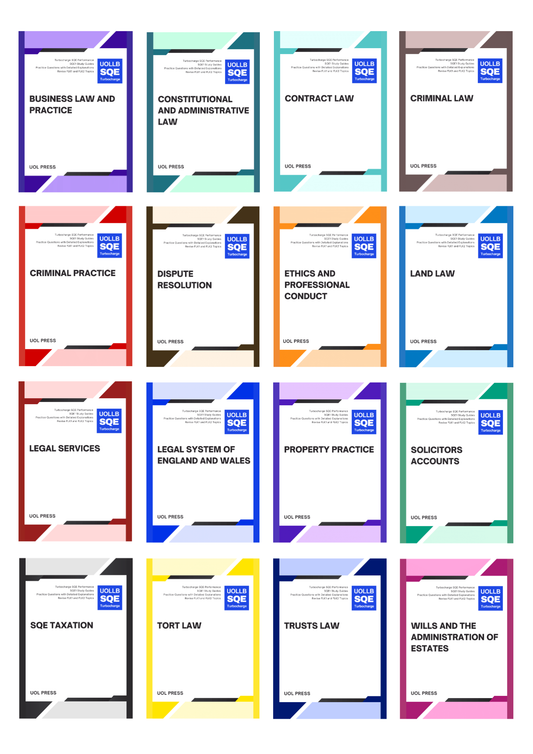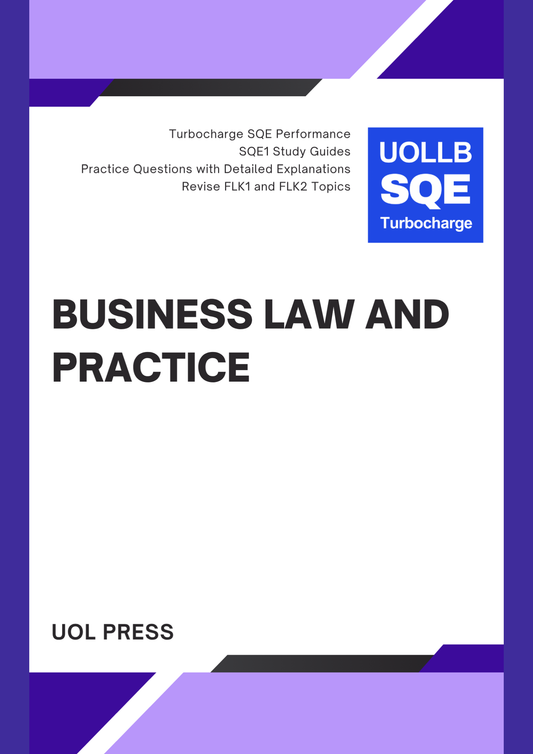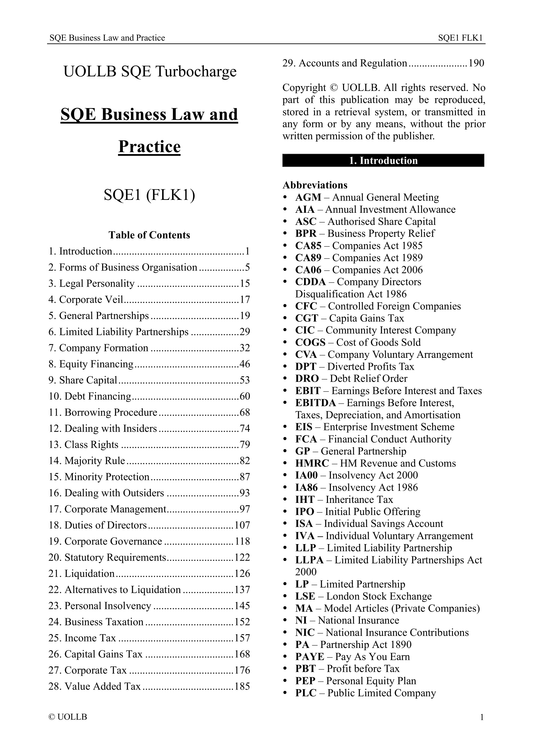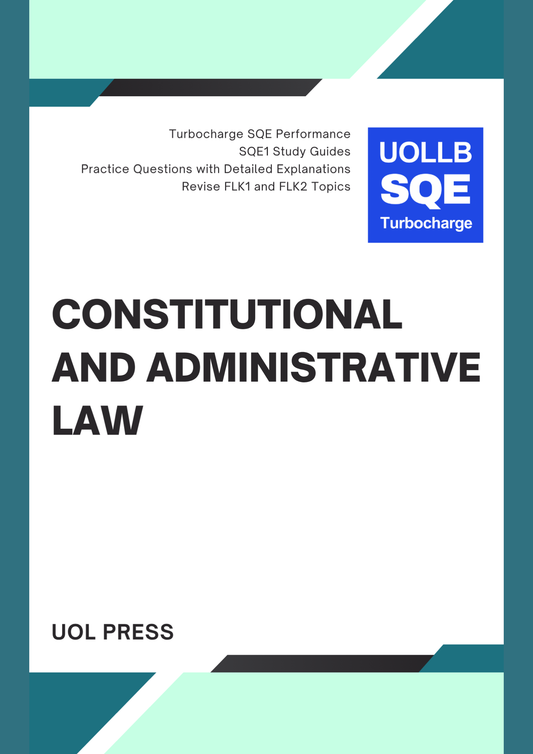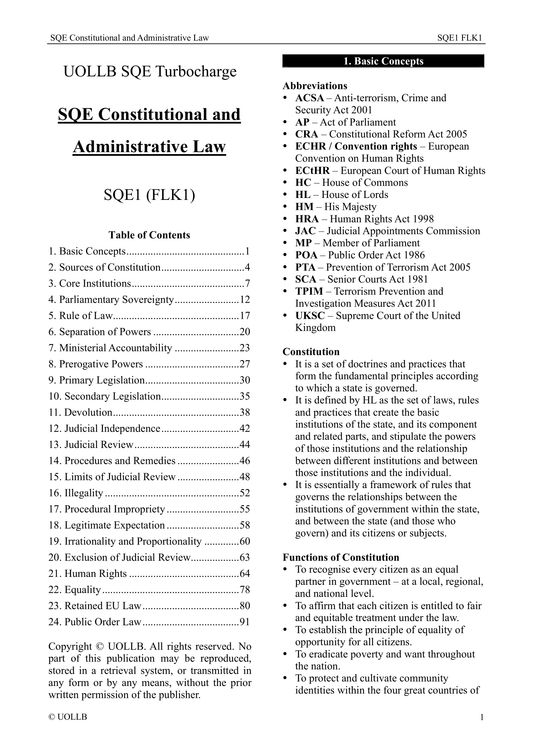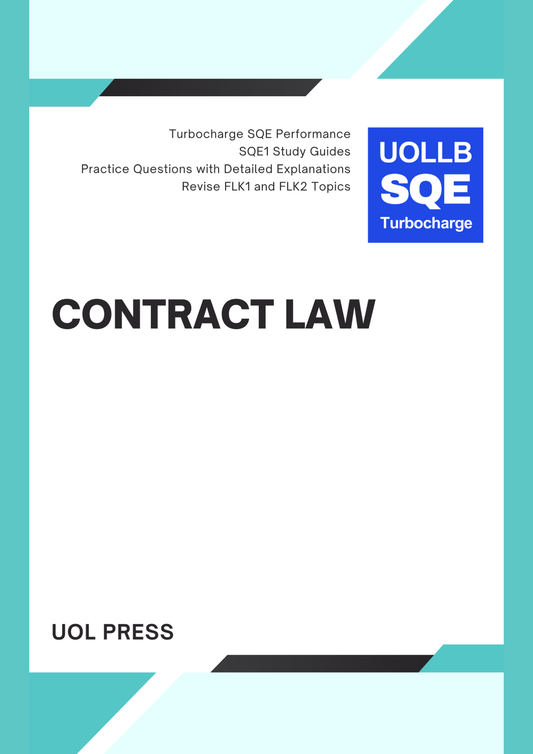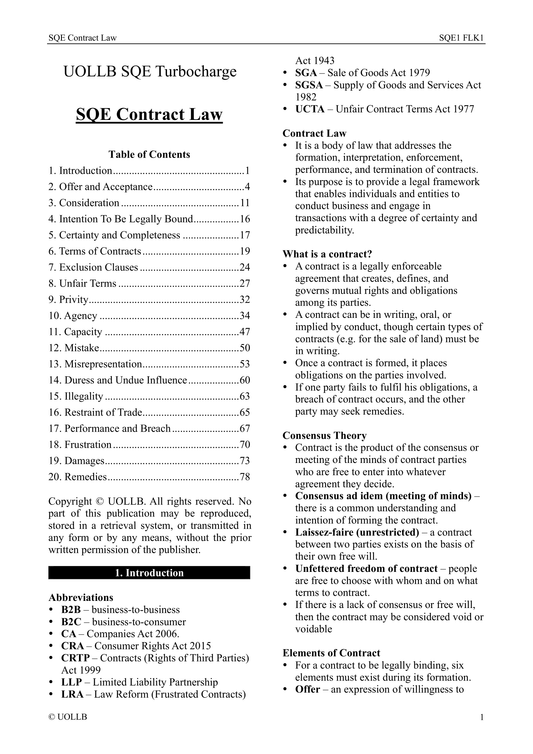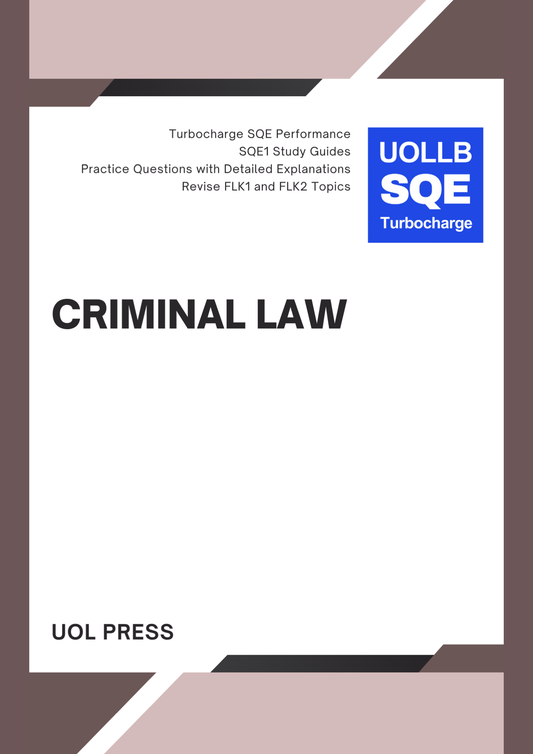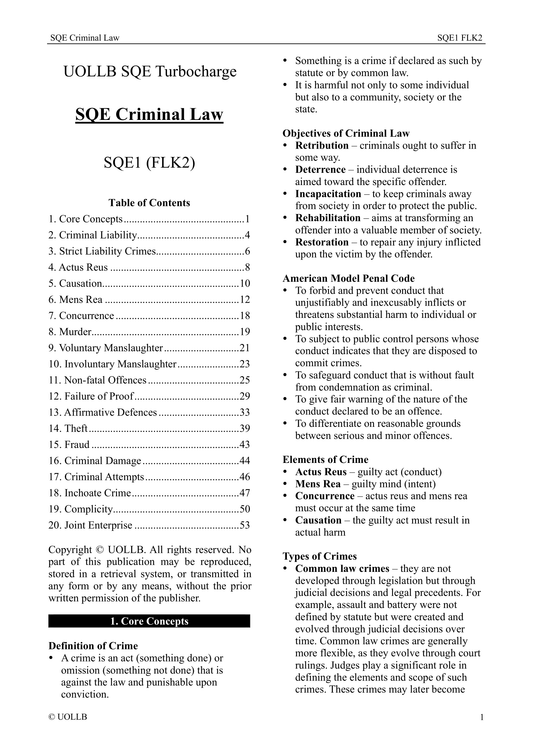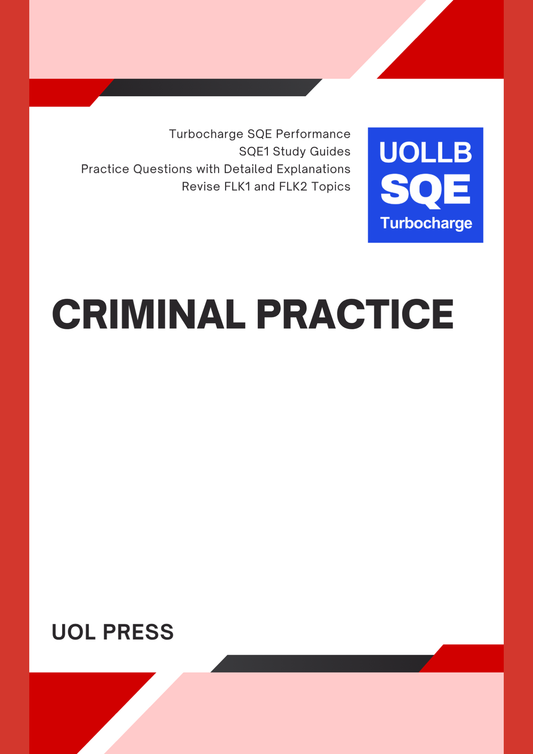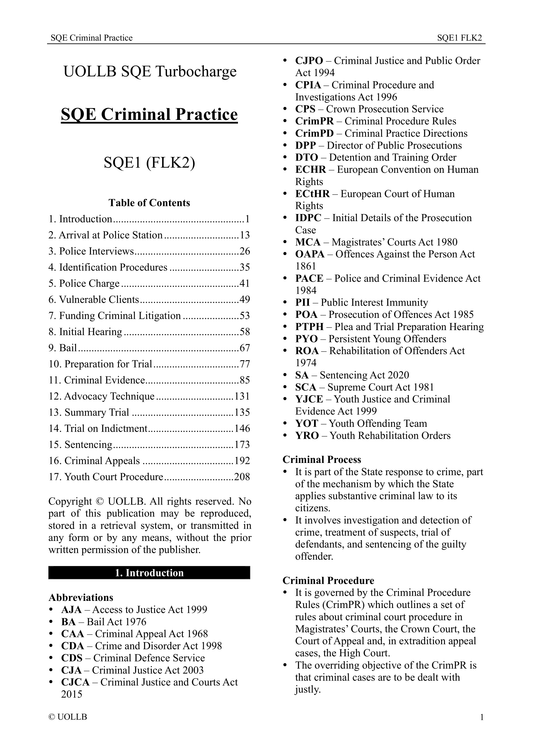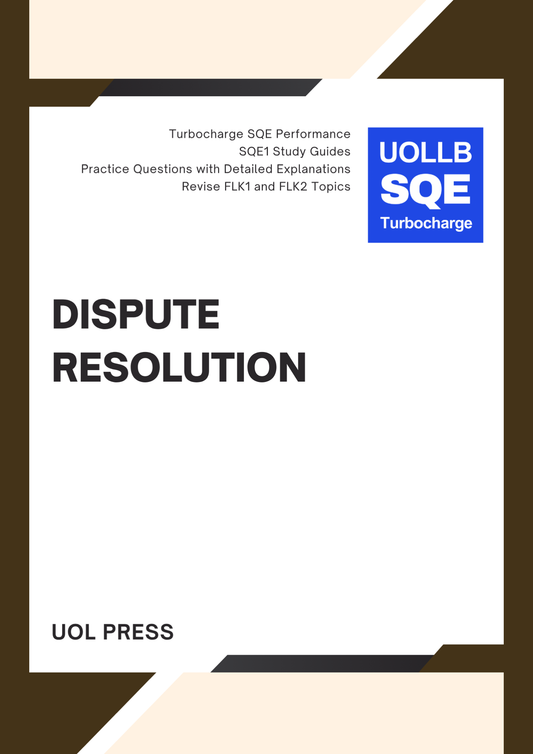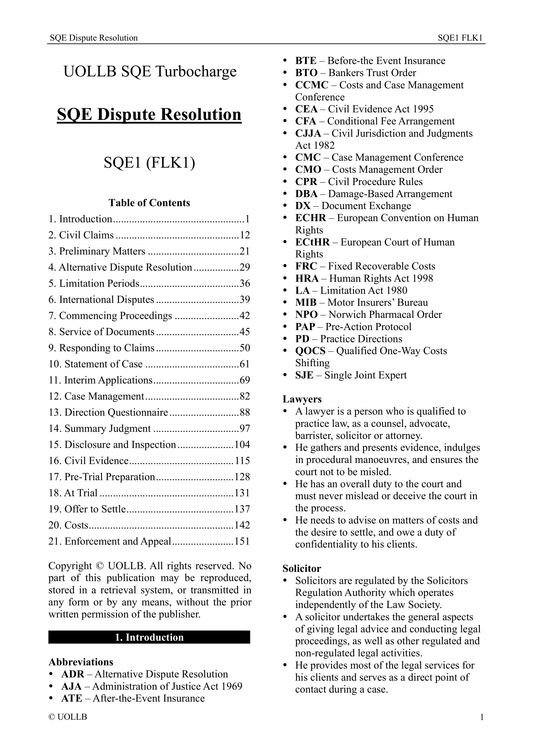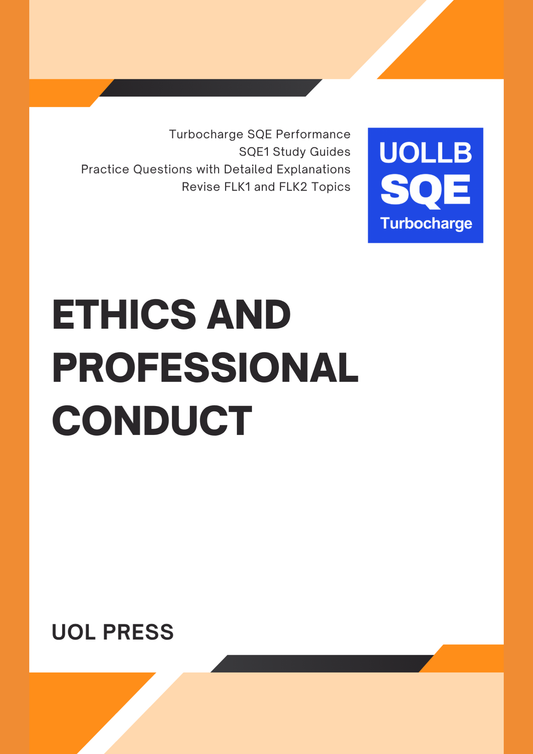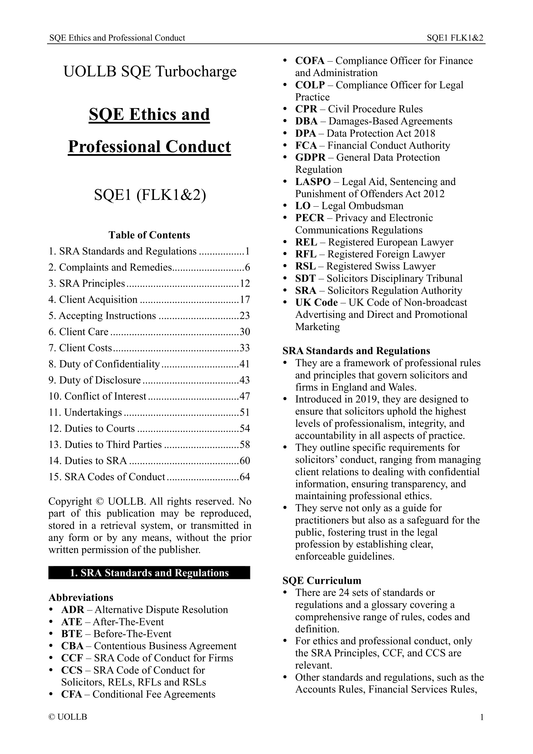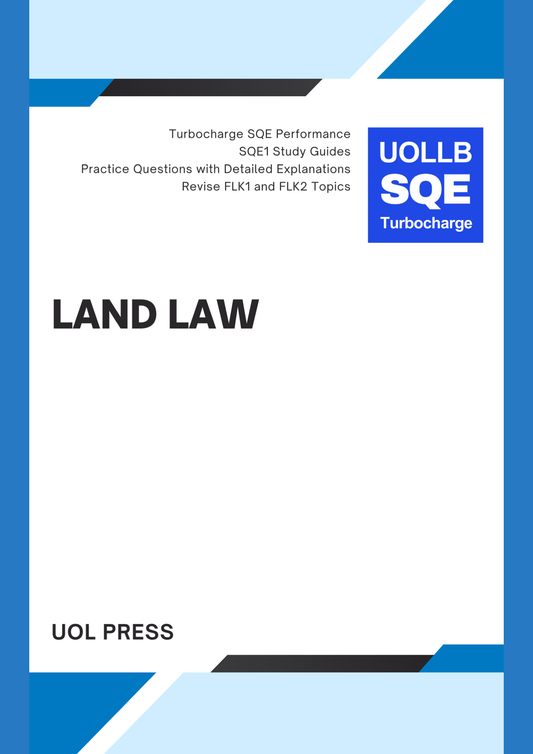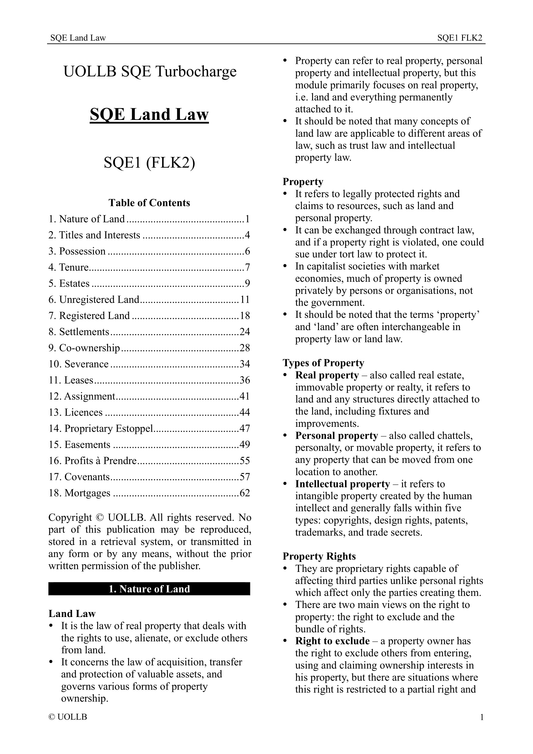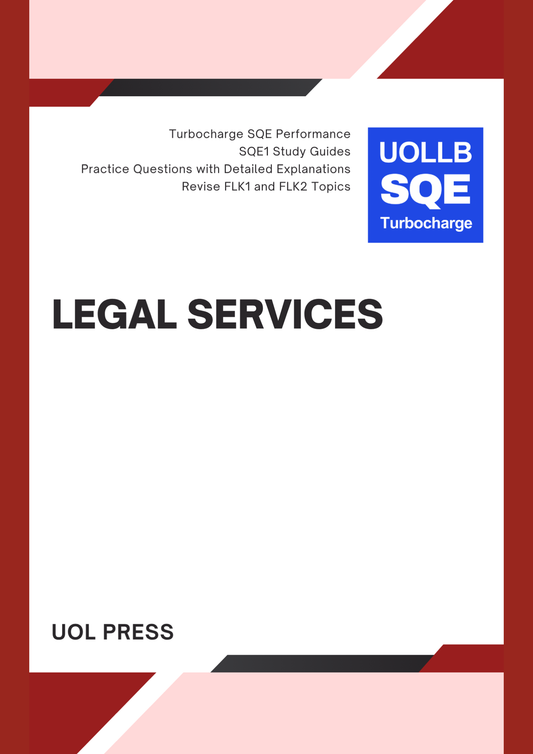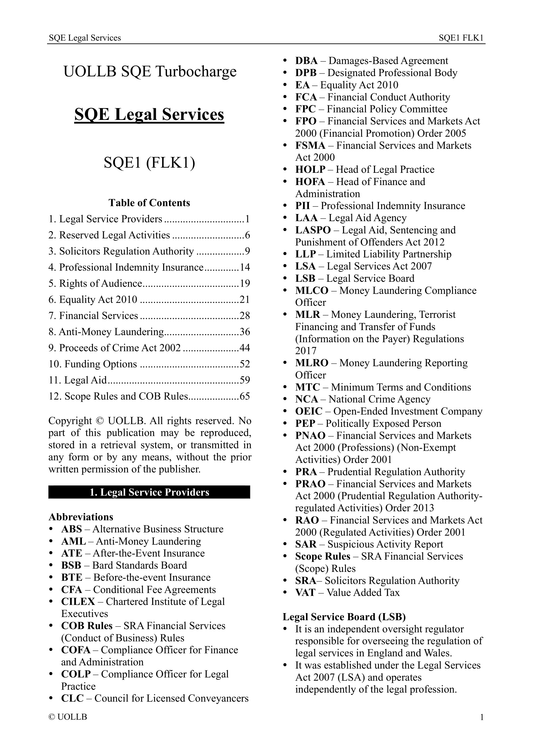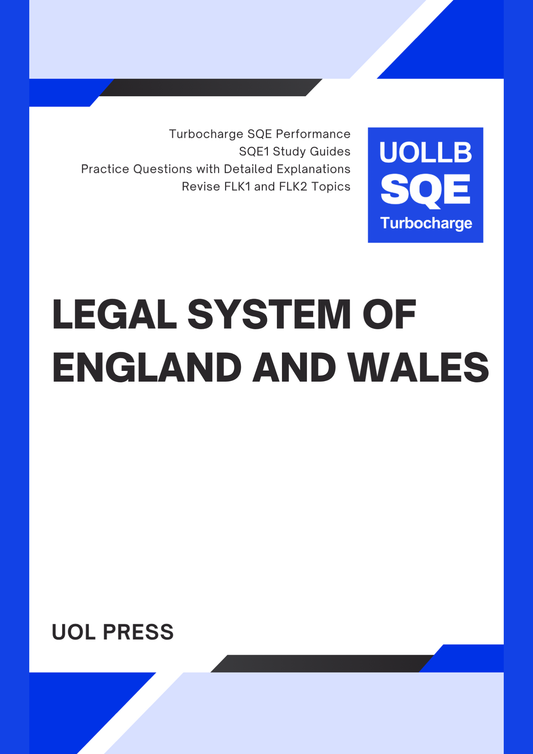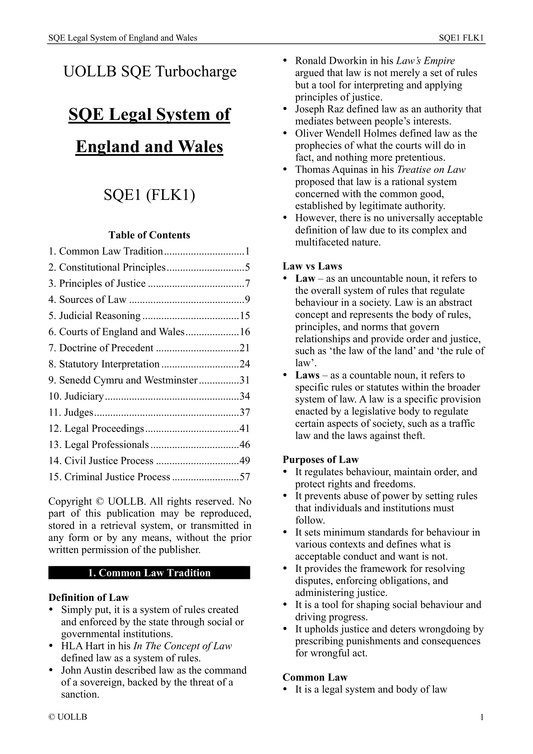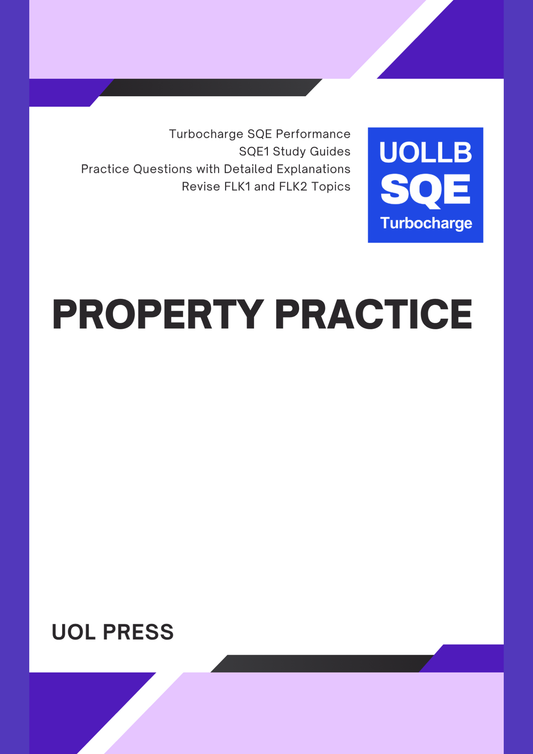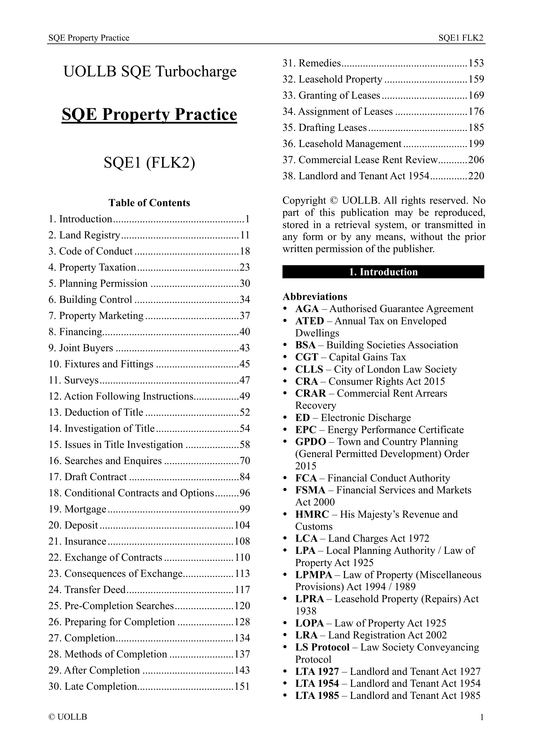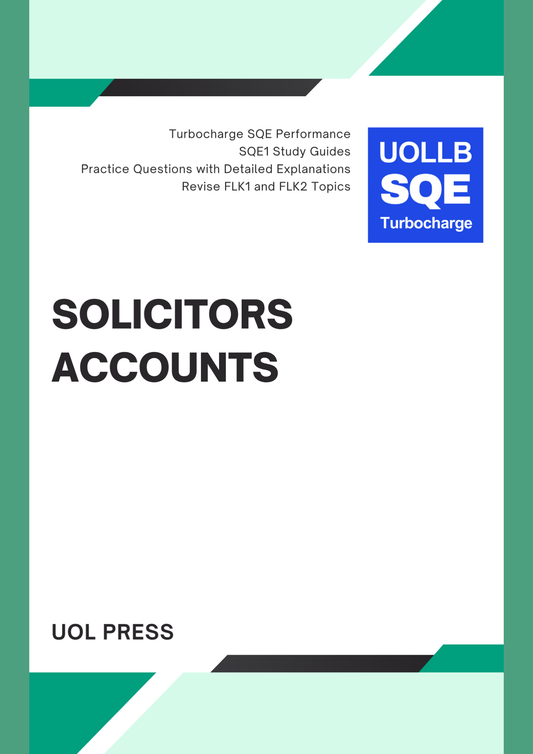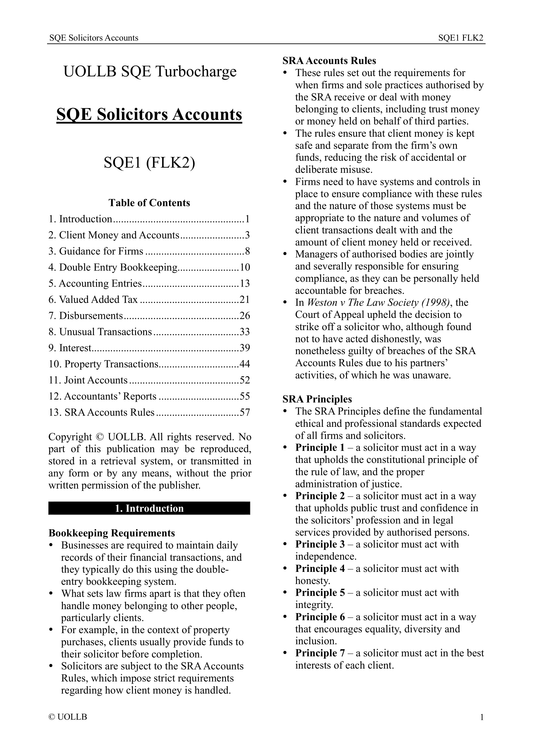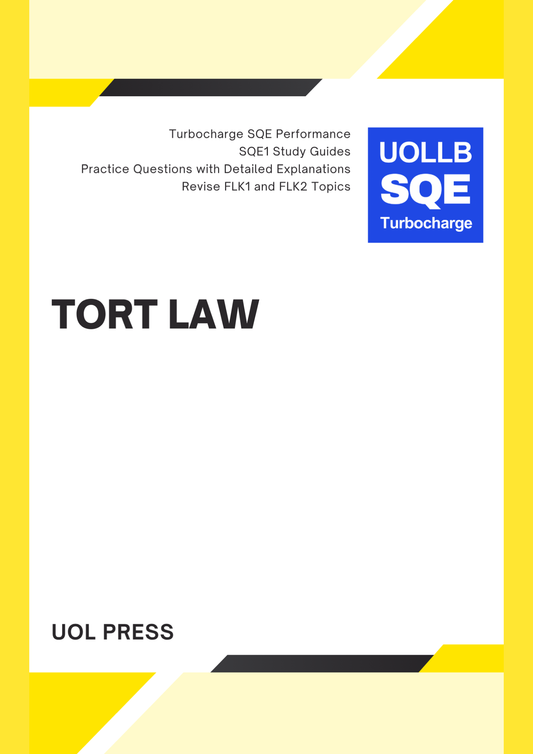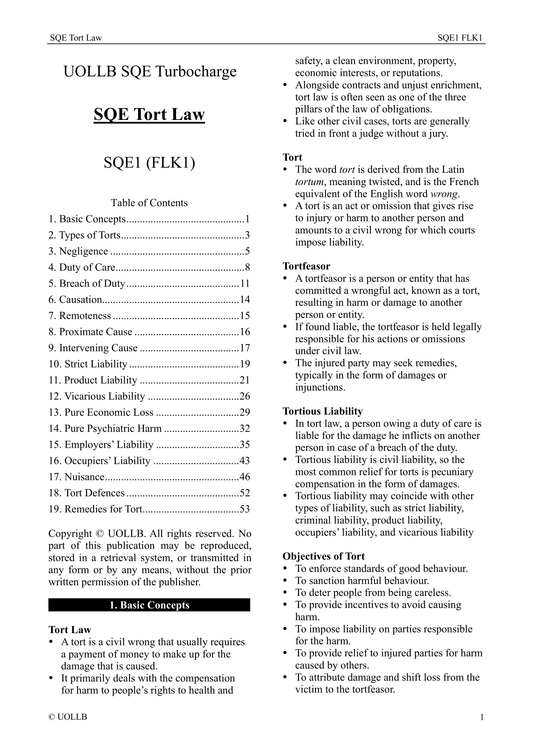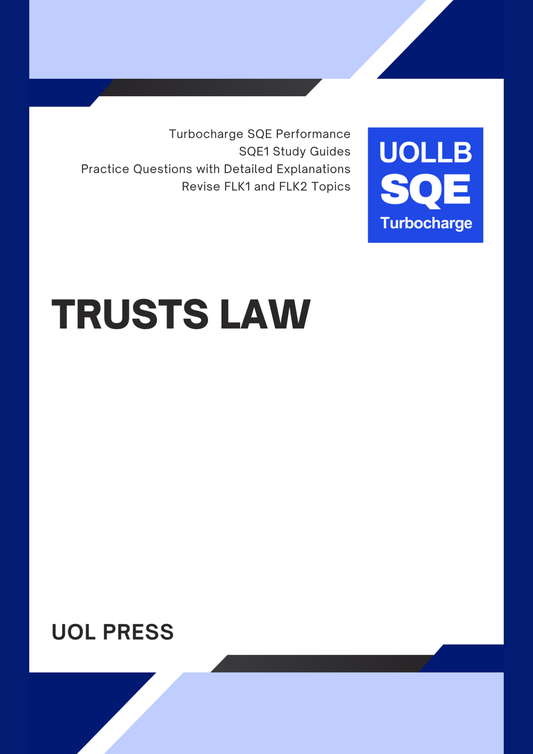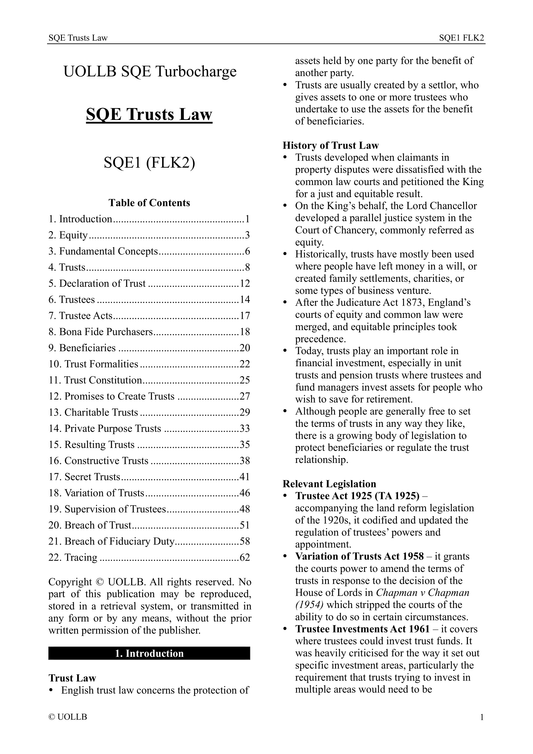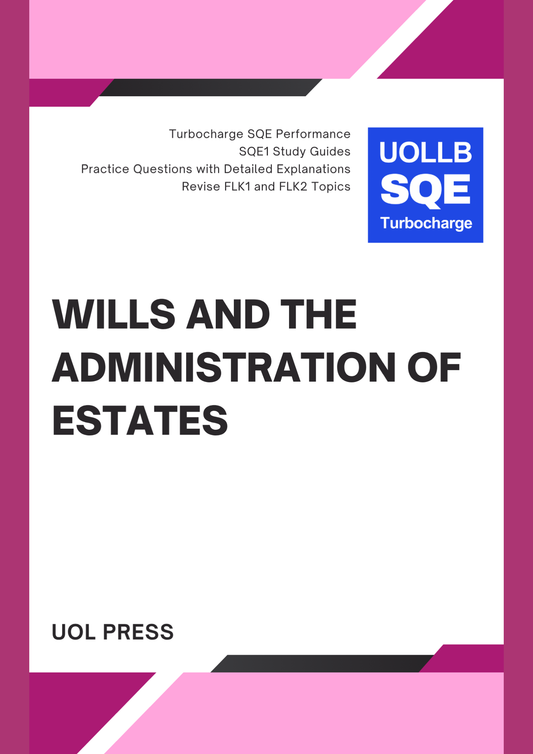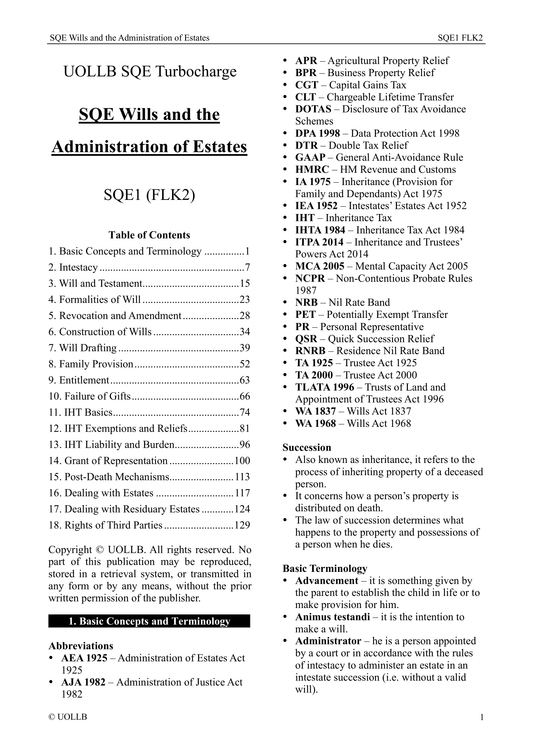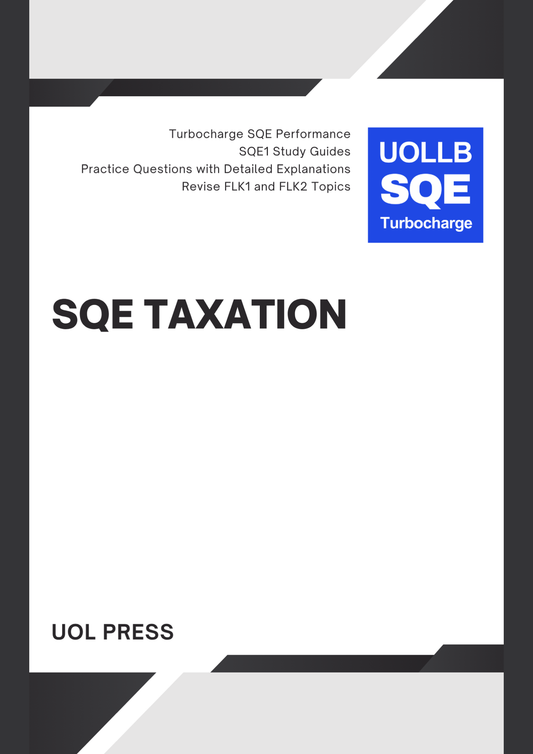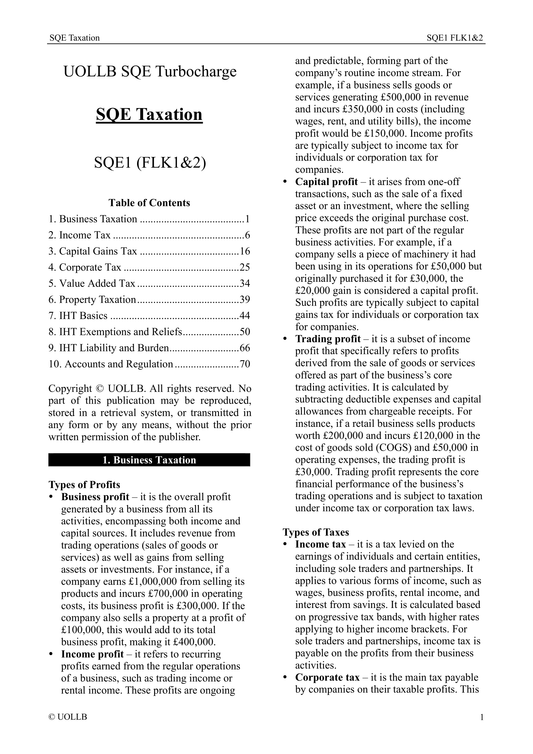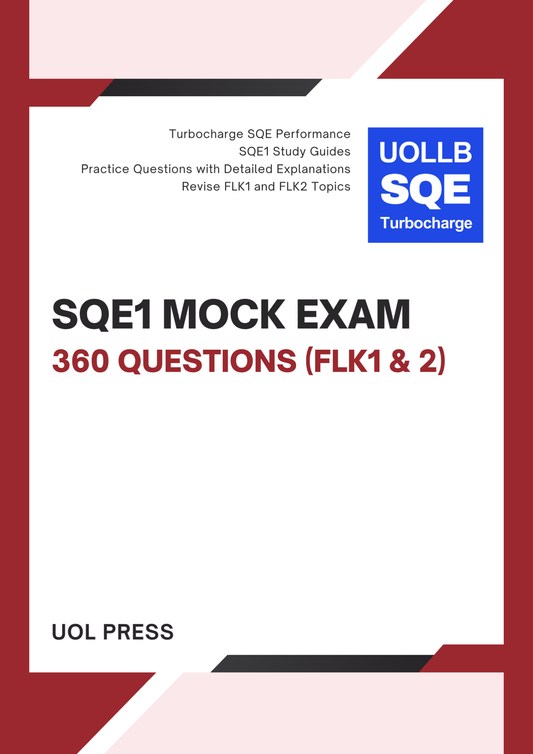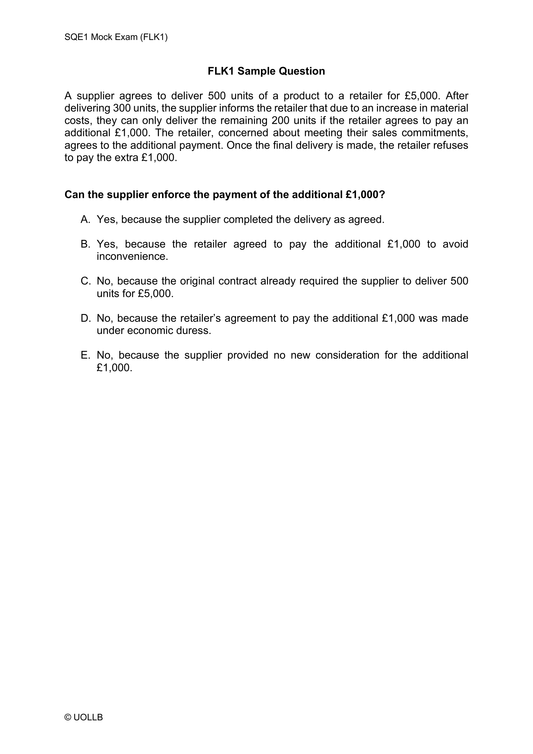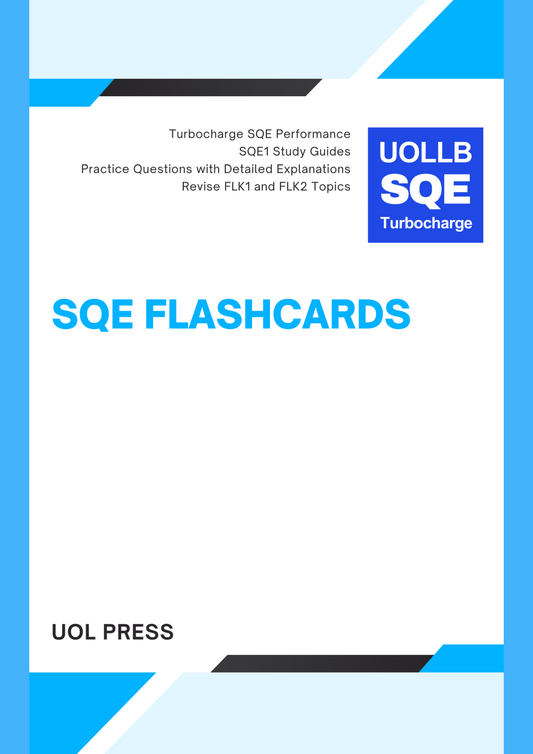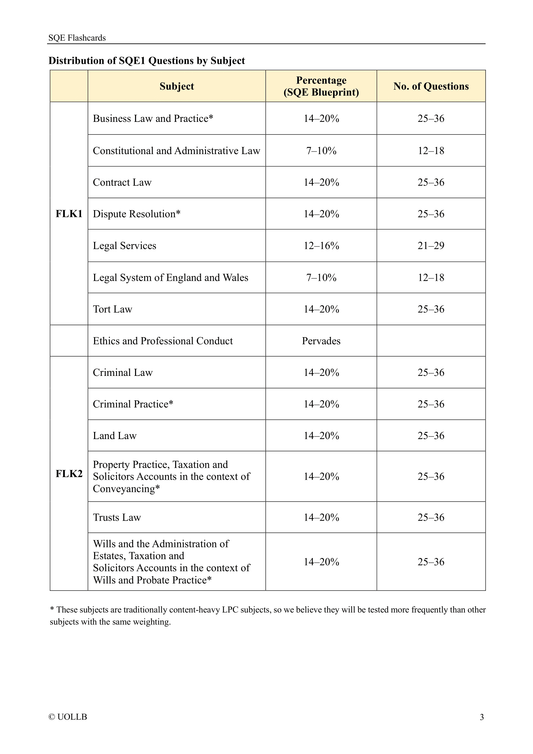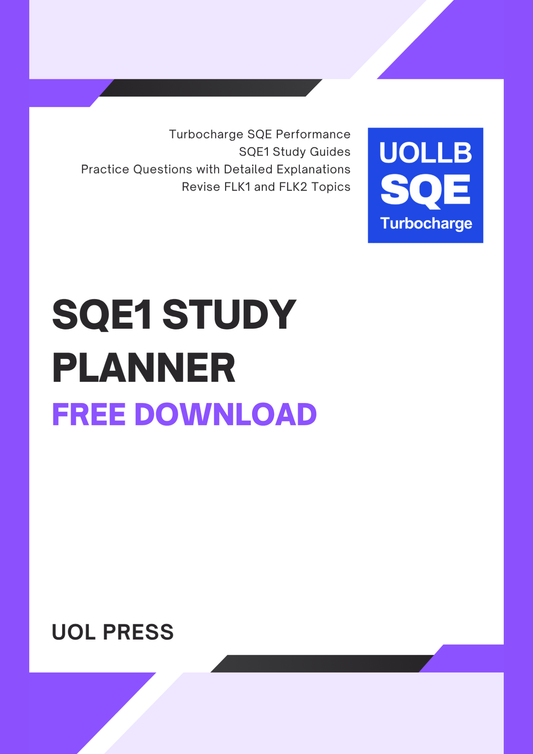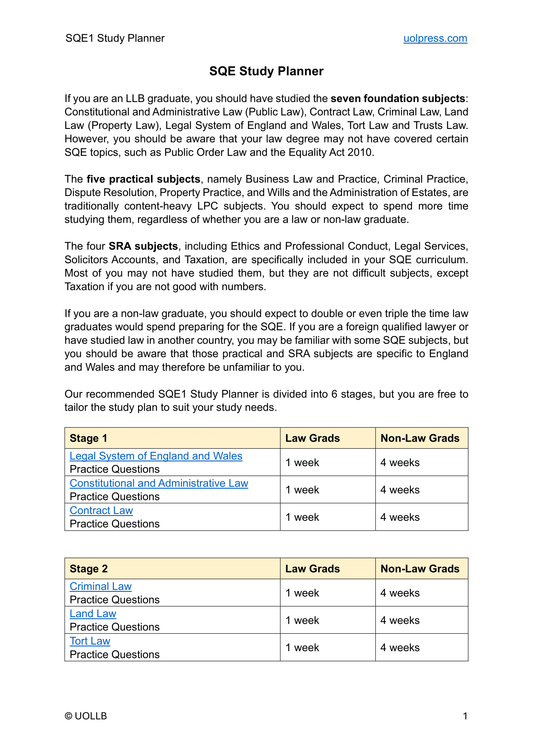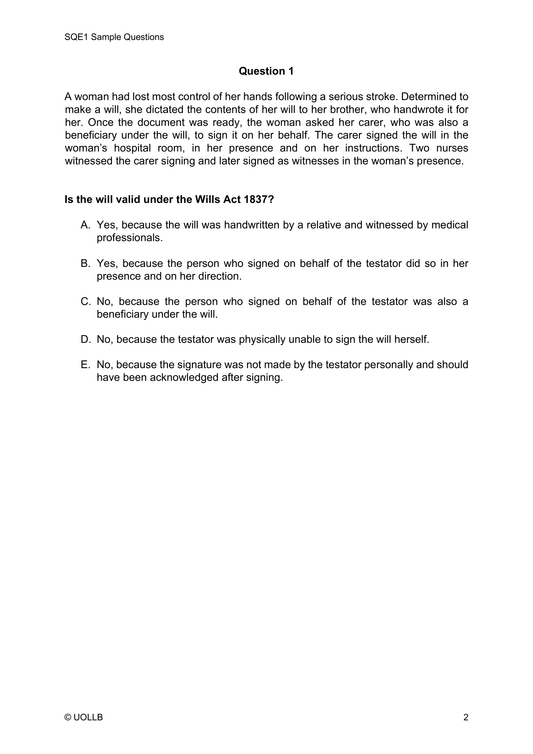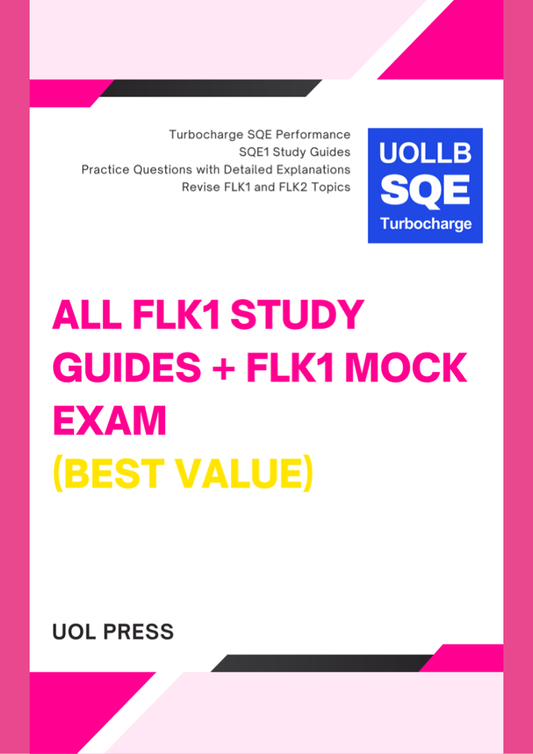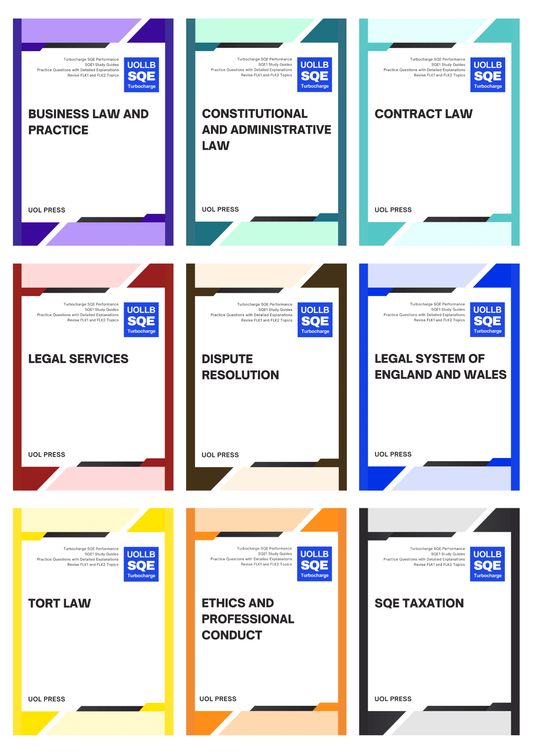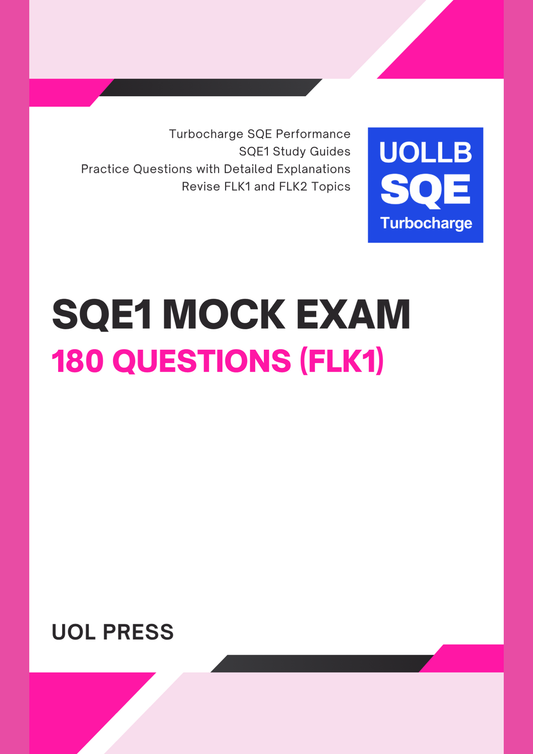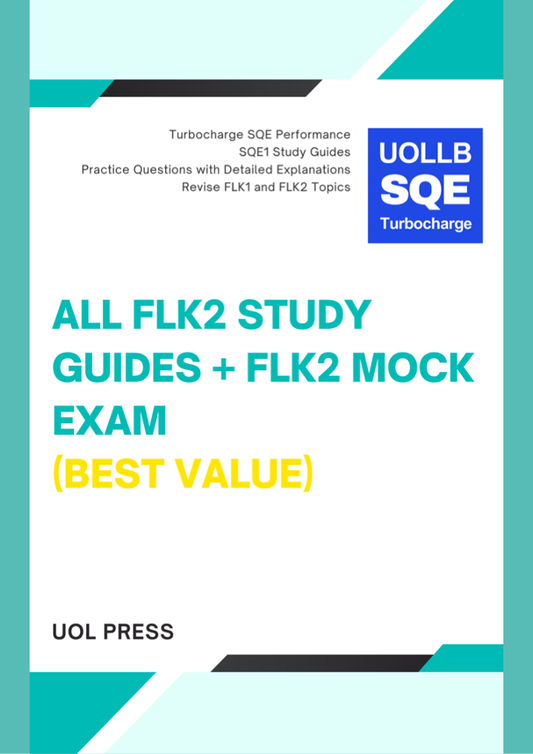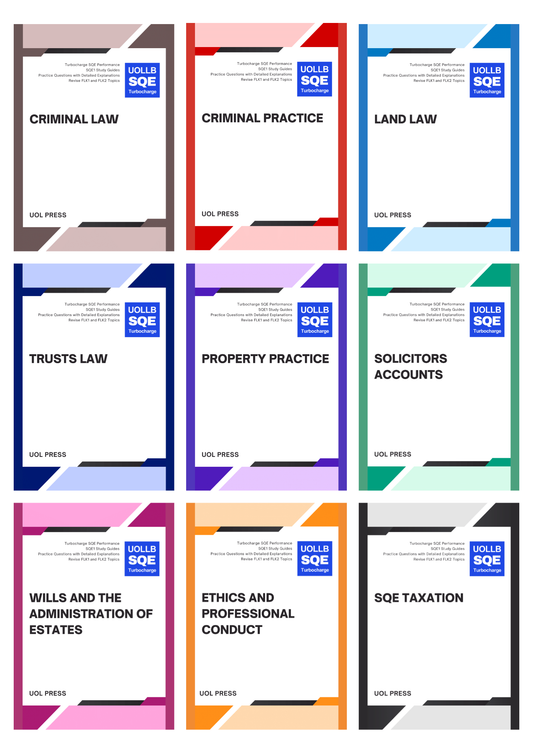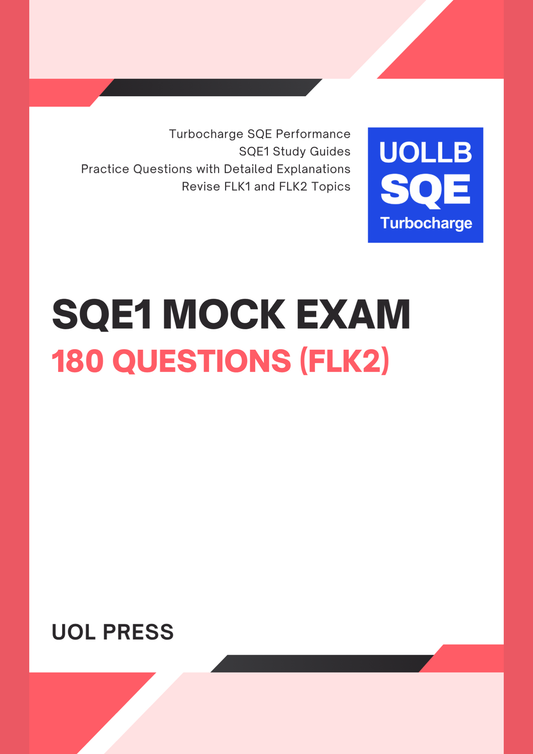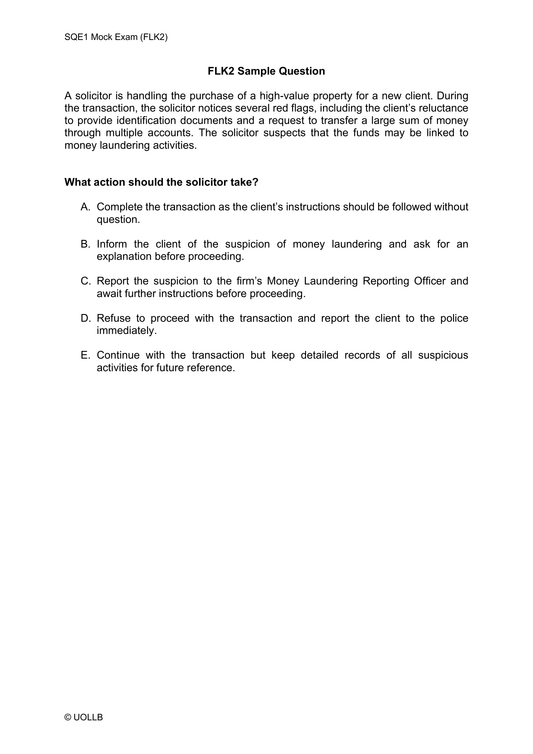How Your SQE Pass Mark Is Set Using Angoff Method
Share
If you are preparing for the SQE, you might assume that the pass mark is a fixed number. However, the SRA takes a far more systematic and fair approach. The SQE1 exams are designed to test your legal knowledge under exam conditions, but because candidates sit different versions of the exam at different times, not every question paper will be of the exact same difficulty. To ensure fairness across all sittings, the SRA uses a technique called the Angoff Method to determine the pass mark for each version of the exam.
The Angoff Method is a well-established standard-setting process widely used in professional and licensing examinations. Rather than applying a fixed pass mark across all sets of questions, the SRA assembles a panel of experienced solicitors to review each question before the exam is administered. These solicitors are asked to consider each question carefully and to estimate what proportion of minimally competent candidates would answer it correctly. This imagined candidate is someone who has just enough knowledge to pass, but one who meets the minimum required standard of competence of a Day One solicitor.
Each panel member independently assigns a score to each question, reflecting how difficult they believe it is for this borderline candidate. For instance, if they believe that 70% of minimally competent candidates would get the answer right, the question might be rated as 0.70. After reviewing the entire set of questions, the panel’s scores are aggregated to produce an overall score that reflects the expected performance of a just-competent candidate. This average becomes the recommended pass mark for that specific version of the test.
This method allows the SRA to adjust the pass mark for each sitting based on the difficulty of the paper. If a particular set of questions is determined to be harder than usual, the pass mark may be slightly lower. Conversely, if the paper is relatively easier, the pass mark may be set higher. This ensures that all candidates are treated fairly, regardless of which version of the SQE1 exam they sat. You are not disadvantaged or unfairly helped by the luck of the draw.
The Angoff Method offers a reliable and transparent way to standardise the pass mark in high-stakes exams like the SQE. As a candidate, this means your focus should be on mastering the material to the best of your ability. You do nott need to worry about whether your version of the exam was tougher than someone else’s. The system is designed to ensure that the standard required to qualify is consistent though the precise pass mark may vary depending on the relative difficulty of your particular exam.
